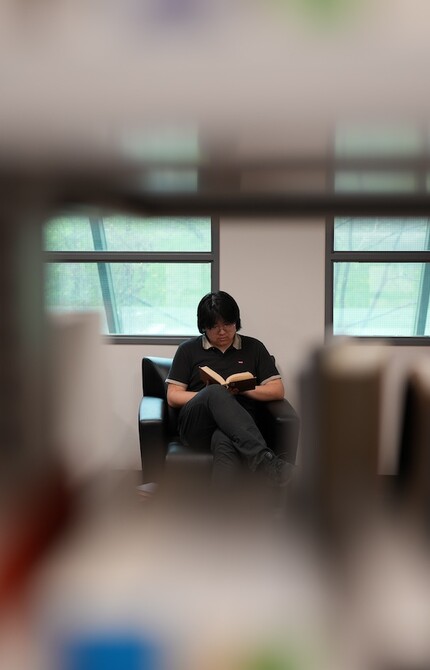
Music Theory Overview
Develop the analytical rigour, skills, and concepts to understand musical works of art more completely. Music Theory, the study of music’s structure and meaning, is a core element of all undergraduate teaching in the Faculty of Music and the focus of named degrees at the master’s and doctoral levels. Undergraduates study melody, rhythm, harmony, and form; graduates consider concepts and ideas while honing their research and writing skills.
Expect Guidance
Music Theory instruction at all levels occurs in small classes led by distinguished scholars and mentors who provide students with close personal attention. Outside the regular classroom, students learn from visiting music theorists during frequent colloquia. Graduate students lead workshops and serve as paid teaching and research assistants. They also have access to guaranteed funding packages.
Programs
Experience Distinction
Strengths
The faculty’s strengths in Music Theory rest in Schenkerian analysis, musical form, theories of rhythm and meter, and post-tonal theory and analysis. Its expertise encompasses music from the late eighteenth- to the twenty-first century and concentrates on composers such as Brahms, Wagner, and Schoenberg.
Opportunities
Uniquely, U of T Music Theory collaborates closely with Musicology and Ethnomusicology and provides interdisciplinary opportunities with other U of T units, including the Centre for Jewish Studies, Book History and Print Culture, Environmental Studies, and the Jackman Humanities Institute. Our doctoral graduates almost all find full-time academic positions.
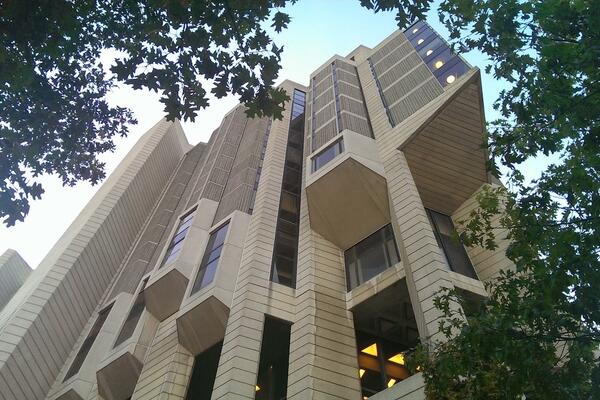

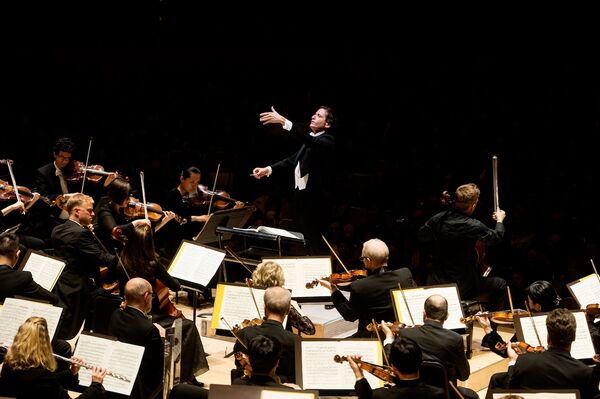
Study in a Music City
U of T Music Theory education occurs in a major North American centre of music culture. Toronto exposes students to a rich and diverse cultural scene with myriad venues for music and other arts of all styles and genres. The city is home to the Toronto Symphony Orchestra, the Canadian Opera Company, and the National Ballet. It supports countless art, popular, and new music groups and composers of extraordinary range and register.
News
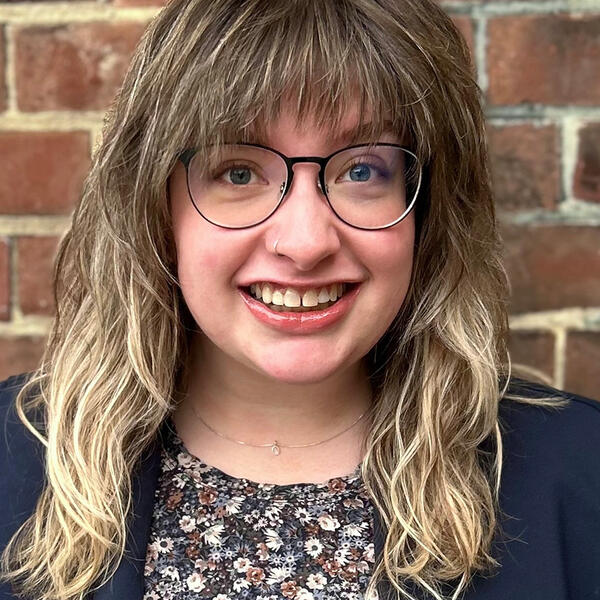
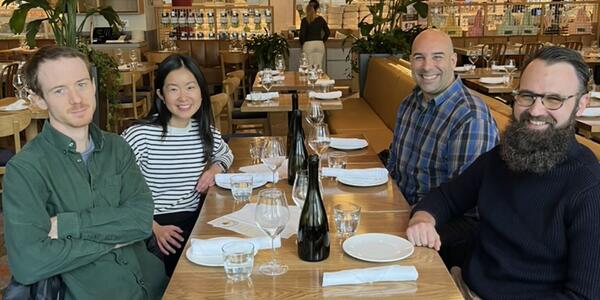
Have a question?
Contact our Musicology, Ethnomusicology, and Music Theory Coordinator for more information about our Music Theory area and programs.